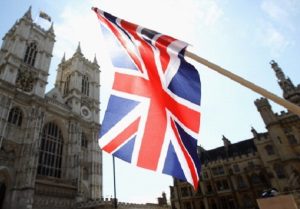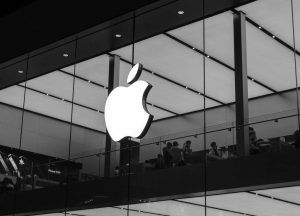Major Canadian news outlets sue OpenAI
4 min readA coalition of major Canadian news organizations is taking legal action against OpenAI, the company behind the artificial intelligence chatbot ChatGPT. These outlets, including some of the country’s largest media companies such as the Toronto Star, Metroland Media, Postmedia, The Globe and Mail, The Canadian Press, and CBC, claim that OpenAI has been using their news articles without permission to train its AI software. This lawsuit, which is being described as a first in Canada, argues that OpenAI’s use of these articles is both illegal and harmful to the interests of the media companies involved.
In a joint statement, the media organizations asserted, “Journalism is in the public interest. OpenAI using other companies’ journalism for their own commercial gain is not. It’s illegal.” They contend that OpenAI has been using copyrighted content from their publications without proper compensation or authorization, a practice that threatens the livelihood of journalists and undermines the value of original news reporting.
OpenAI, however, maintains that its models are trained on data that is publicly available and that it operates under the principles of fair use and international copyright laws. The company responded to the accusations with a statement to the BBC, emphasizing that it supports creators and innovation. “We collaborate closely with news publishers, including in the display, attribution, and links to their content in ChatGPT search, and offer them easy ways to opt out should they so desire,” OpenAI said.
Despite OpenAI’s claims of collaboration, the Canadian news organizations argue that the company has ignored important safeguards meant to protect copyrighted material, such as paywalls and copyright disclaimers. According to the lawsuit, OpenAI has been scraping content from Canadian media outlets without permission, using it to develop products like ChatGPT. These publishers claim that this unauthorized use of their work is a breach of copyright and online terms of service, which prohibits the copying and distribution of their content without proper authorization.
The media coalition is seeking punitive damages for the alleged infringement, demanding C$20,000 (approximately $14,300 USD or £11,000 GBP) for each article they believe was used to train ChatGPT. Given the large volume of content potentially involved, the total damages could amount to billions of dollars. Additionally, the media companies are calling for OpenAI to share the profits it has generated from using their articles and are requesting an injunction to prevent further use of their content in the future.
This lawsuit comes on the heels of similar legal actions in the United States. In 2023, The New York Times, along with other media companies, filed a lawsuit against OpenAI, accusing the company of copyright infringement. The Times alleged that OpenAI had used its articles to train its AI models without permission. The legal battle between the companies escalated further in April when lawyers for the Times accused OpenAI of erasing evidence relevant to the case.
The case is part of a larger trend where copyright holders, including writers and publishers, are taking issue with how AI companies like OpenAI are using their intellectual property. The Authors Guild, a prominent group representing writers, has also filed lawsuits against AI developers, alleging copyright infringement. Notably, best-selling authors such as John Grisham have joined the suit, arguing that AI-generated content that draws from their works constitutes a violation of their rights.
The lawsuits reflect broader concerns about the ethics and legality of using copyrighted materials to train AI systems. As AI technology becomes more advanced, questions surrounding intellectual property and the fairness of using existing works to build new tools are becoming more urgent. Copyright holders argue that AI companies should compensate creators for the use of their works, especially when the AI models are monetized and become a source of profit for the developers.
This issue is further compounded by the growing financial success of companies like OpenAI. According to a report from the Wall Street Journal, OpenAI is now valued at an estimated C$219 billion, following a recent round of fundraising from investors. As AI companies grow more profitable, the stakes in these copyright disputes continue to rise, with media outlets and creators pushing for legal protections to preserve their intellectual property.
In summary, this lawsuit marks a significant moment in the ongoing debate over the intersection of AI, copyright law, and media rights. The outcome of this case could have major implications for the future of AI development and how companies like OpenAI interact with copyrighted content. As the legal battles unfold, both sides are closely watching the potential for future changes in copyright law and how they may affect the use of AI in content creation.








